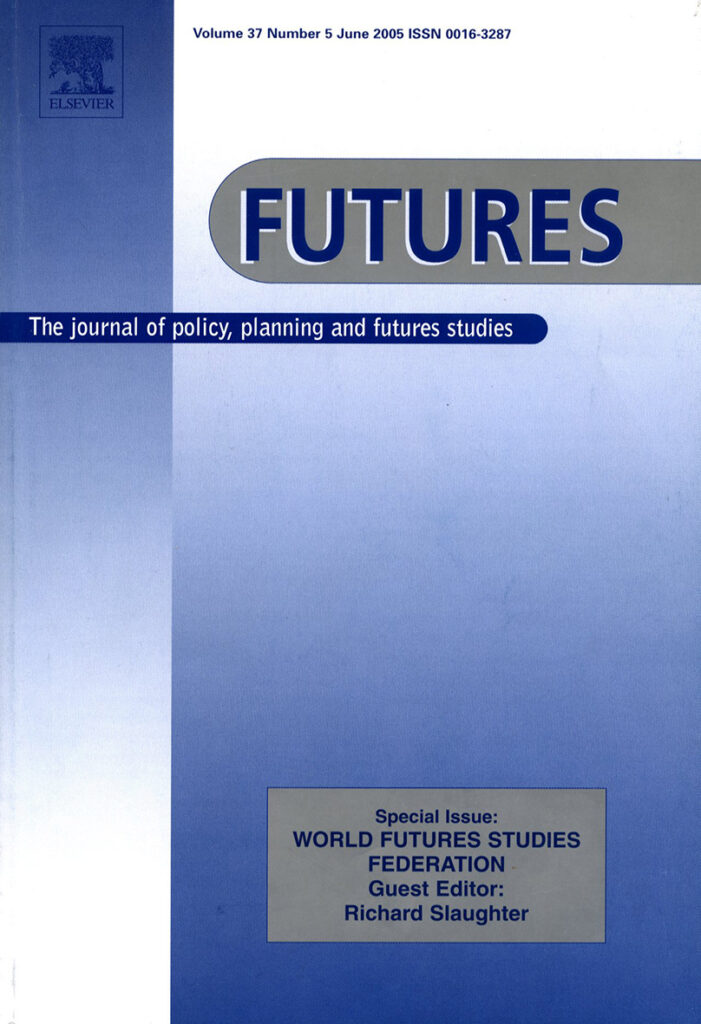The World Futures Studies Federation was founded in Paris in 1973 as a global network of leading futurists. WFSF has always been committed to truly global futures, and to creating alternative futures that embrace cultural diversity and individual difference.
A look back at the origins of the World Futures Studies Federation (WFSF) shows that, in contrast with its larger US cousin, the World Futures Society (WFS), the WFSF was created by people who dissented from the emerging status quo in the world and who wished to ‘open up’ the domain to cultural pluralism.
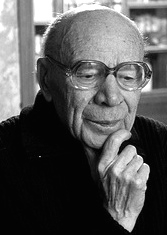 |
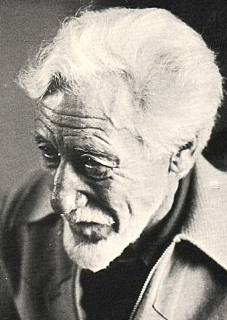 |
|
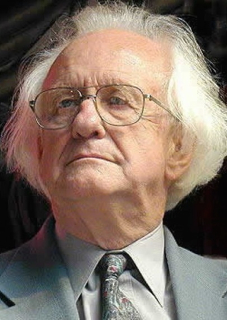 |
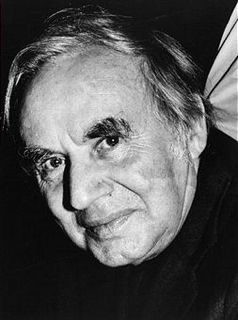 |
|
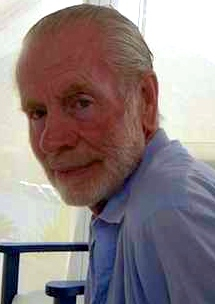 |
 |
|
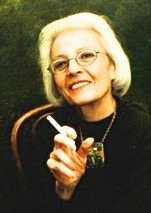 |
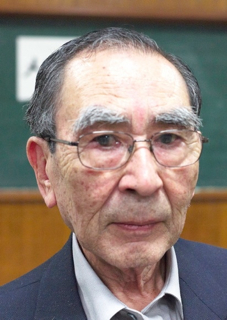 |
|
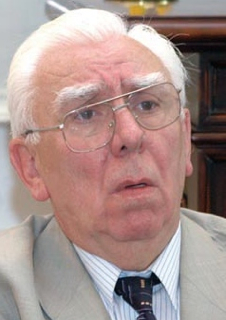 |
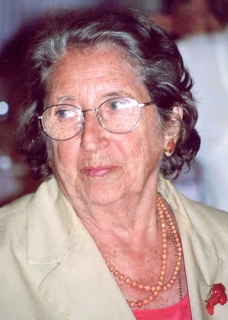 |
|
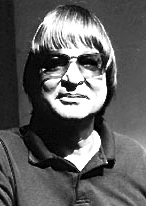 |
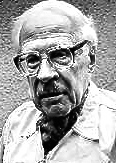 |
|
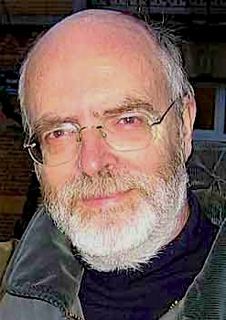 |
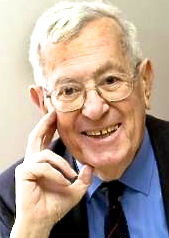 |
|
 |
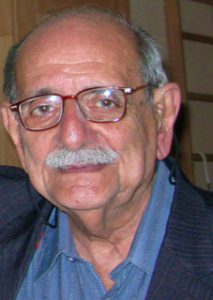 |
Origins
WFSF emerged from the ideas and pioneering work of Igor Bestuzhev-Lada (Russia, 1927-2015), Bertrand de Jouvenel (France, 1903-1987), Johan Galtung (Norway, 1930-), Robert Jungk (Austria 1913-1994), James Wellesley Wesley (1926-2007), John McHale (UK/USA, 1922-1978), Magda Cordell McHale (1921-2008) and others who in the 1960s conceived of the concept of futures studies at the global level.
This article by Tamás Kristóf and Erzsébet Nováky presents the almost century-long history of the development of futures studies in a comprehensive review. Futures studies, rooted in sociology and policy sciences, had become an academic discipline by the 1960s. One of the major global communities representing the discipline, the World Futures Studies Federation (WFSF), celebrates its 50th anniversary in 2023:
Soc. Sci. 2023, 12(3), 192; https://doi.org/10.3390/socsci12030192
1st World Futures Conference – 1967 Oslo, Norway – Mankind 2000
These pioneers initiated the 1st International Futures Research Conference (Oslo, September 1967). Mankind 2000 (founded in London by Jungk and Wellesley Wesley in 1965) was responsible for coordinating the event, in collaboration with the Peace Research Institute Oslo (founded in Norway by Johan Galtung in 1959) and the Institut für Zukunftsfragen (founded in Vienna by Robert Jungk in 1964). Jungk and Galtung edited the Oslo proceedings (Mankind 2000, 1969). Mankind 2000 sought ways to promote futures research — with a special focus on human development. The Oslo conference was followed by futures conferences in Kyoto (1970) and Bucharest (1972).
2nd World Futures Conference – 1970 Kyoto, Japan
Following the Oslo Meeting, a Continuing Committee was created, with headquarters in Paris. This Committee was tasked with convening the 2nd International Futures Research Conference in Kyoto, Japan. The Conference was held in April 1970, in cooperation with the Japanese Society for Future Studies, and was organised by: Hayashi Yujiro (Japan, 1916-2011) and Hidetoshi Kato (Japan, 1930-). During this Conference, the Continuing Committee was requested to prepare for the establishment of a permanent worldwide organization. A draft charter was written for submission to the 3rd World Conference, to be held in Bucharest, 1972.
3rd World Futures Conference 1972 – Bucharest, Romania
At the 3rd World Futures Conference held in Bucharest, Romania, in September 1972 it was agreed to found the WFSF. The Conference was hosted by Romanian scholar Pavel Apostol with Mircea Malita (Romania, 1927-). Participants included: Eleonora Masini (Italy, 1928-), Jim Dator (USA,1933-), Bogdan Suchodolski (Poland, 1903-1992), Anthony Judge (Australia, 1940-).
WFSF Official Founding 1973 – Paris, France
The Federation’s founding conference was held in Paris, France, 26 May 1973. The meeting ratified the charter and registered WFSF in France , with its official headquarters at the Maison Internationale Futuribles. The Federation has thus legally been in existence since that date, with Bertrand de Jouvenel as its first President, and was hosted at Futuribles until 1974.
The founding members, present at the May 1973 meeting, were:
• Serge Antoine (Fondation Claude Nicolas Lédoux, Paris);
• Pavel Apostol (Romanian National Committee for Futures Studies);
• André-Clément Découfle (Association Internationale Futuribles, Paris);
• Paul Hannape (Association Plurilingue de Science Régionales de l’Europe du Nord-Ouest);
• Bertrand de Jouvenel (Association Internationale Futuribles, Paris);
• Eleonora Masini (Instituto Richerche Applicato Documentazione e Studi [IRADES], Rome);
• Peter Menke-Glückert (Federal Ministry of the Interior, Bonn);
• Pierre Piganiol (Association Internationale Futuribles, Paris);
• Andrzej Sicinski (Poland 2000).
The 4th World Futures Conference – Frascati, Rome
The 4th World Futures Conference was held in Rome in September 1973. It was organized by IRADES, under the leadership of Eleonora Masini.
Conference participant, Samir Ghabbour of Egypt, observed:
“It was held in the Papal Palace in Frascati a little town near Rome and attended by the top futurologists and humanists including a delegation from the Amerindian peoples. On our arrival to Rome we were guests at the Presidential Palace at a reception where the President of Italy greeted us. On the 2nd day of the Conference we were received by the Pope who blessed our initiative.”
1st WFSF General Assembly 1974 – Paris, France
The first General Assembly of the Federation was convened with UNESCO assistance in Paris, March 1974.
First Elected Officers:
Founding President: Bertrand de Jouvenel (France,1903-1987)
President: Johan Galtung (Norway, 1930-)
Vice President: Pavel Apostol (Romania)
Secretary General: Peter Mencke-Glückert (Germany, 1929-)
In recognition of their contributions to futures studies WFSF recognises these Honorary Members: Igor Bestuzhev-Lada (Russia), Bogdan Suchodolski (Poland, 1903-1992) & Samir Ghabbour (Cairo).
Official Founding Document dated 20/10/1973 in French:
 Loading…
Loading…
To see the WFSF Archive Collections click here: https://wfsf.org/wfsf-archive-collections/

